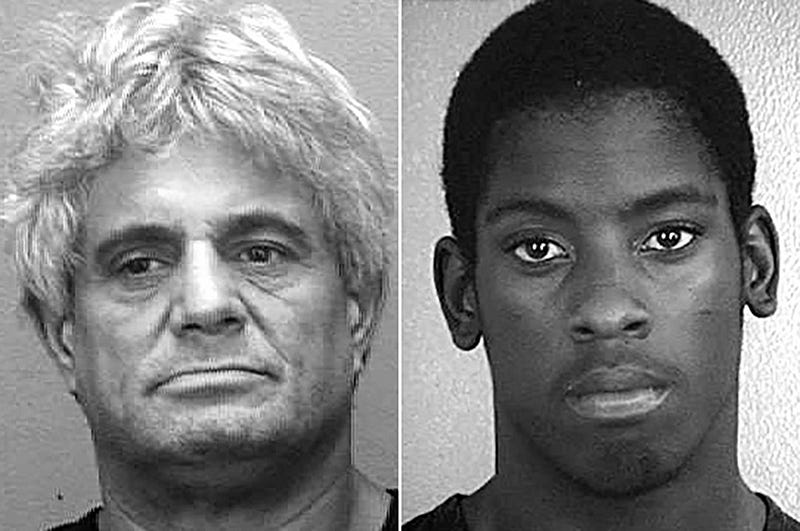Julia Angwin, Jeff Larson, Surya Mattu & Lauren Kirchner at Pacific Standard: “Courtrooms across the nation are using computer programs to predict who will be a future criminal. The programs help inform decisions on everything from bail to sentencing. They are meant to make the criminal justice system fairer — and to weed out human biases.
ProPublica tested one such program and found that it’s often wrong — and biased against blacks.
We looked at the risk scores the program spit out for more than 7,000 people arrested in Broward County, Florida, in 2013 and 2014. We checked to see how many defendants were charged with new crimes over the next two years — the same benchmark used by the creators of the algorithm. Our analysis showed:
- The formula was particularly likely to falsely flag black defendants as future criminals, wrongly labeling them this way at almost twice the rate as white defendants.
- White defendants were mislabeled as low risk more often than black defendants.
What does that look like in real life? Here are five comparisons of defendants — one black and one white — who were charged with similar offenses but got very different scores.
Two Shoplifting Arrests

James Rivelli, 53: In August 2014, Rivelli allegedly shoplifted seven boxes of Crest Whitestrips from a CVS. An employee called the police. When the cops found Rivelli and pulled him over, they found the Whitestrips as well as heroin and drug paraphernalia in his car. He was charged with two felony counts and four misdemeanors for grand theft, drug possession, and driving with a suspended license and expired tags.
Past offenses: He had been charged with felony aggravated assault for domestic violence in 1996, felony grand theft also in 1996, and a misdemeanor theft in 1998. He also says that he was incarcerated in Massachusetts for felony drug trafficking.
COMPAS score: 3 — low
Subsequent offense: In April 2015, he was charged with two felony counts of grand theft in the 3rd degree for shoplifting about $1,000 worth of tools from a Home Depot.
He says: Rivelli says his crimes were fueled by drug use and he is now sober. “I’m surprised [my risk score] is so low,” Rivelli said in an interview in his mother’s apartment in April. “I spent five years in state prison in Massachusetts.”…(More)“
